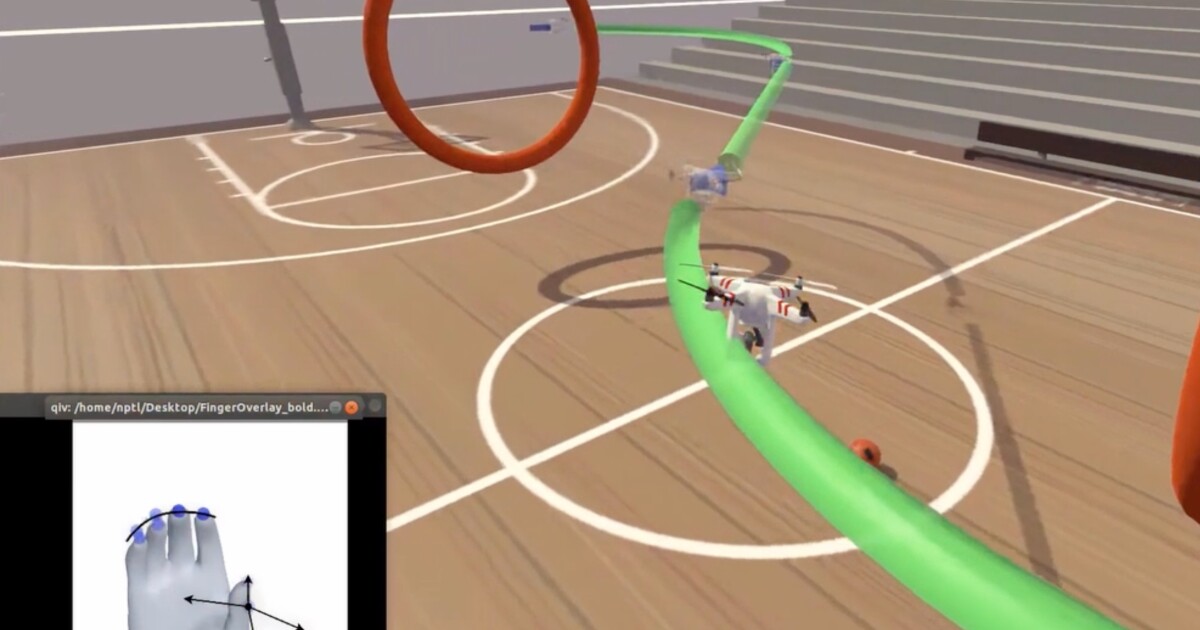Get the latest tech news
I'm a neuroscientist. Here's how gambling can change your brain
The International Classification of Diseases (ICD) is the text produced by the World Health Organization that summarises all the medical issues they recognise. When the latest version, the ICD-11, was produced, the section concerning addictive disorders included a category for addictive behaviours.
The International Classification of Diseases (ICD) is the text produced by the World Health Organization that summarises all the medical issues they recognise. Up to 4 per cent of people in the US may have a gambling problem - Photo credit: GettyThere’s also the fact that the human brain is complex enough to recognise money as significant, in the biological sense, even though it’s technically an abstract concept. The nature of gambling means it isn’t experienced as a direct ‘stimulation = reward’ process, the sort that applies to drug taking and underlies the fundamental learning processes of classical conditioning (a key aspect of how addictions take hold in the first place).
Or read this on Hacker News

